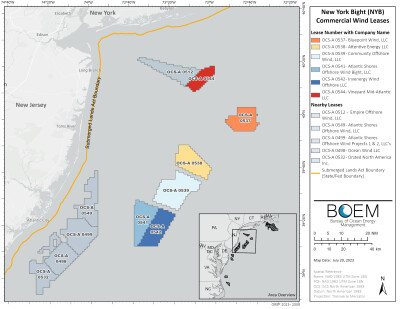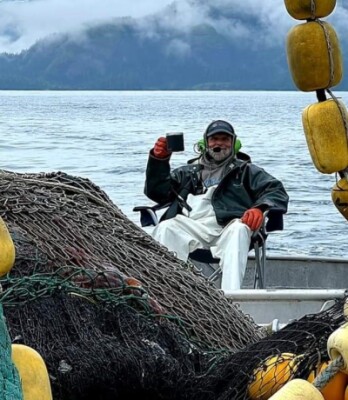WOODS HOLE — Scientists believe they have evidence global warming may hold a clue in the mystery of why, despite 20 years of increasingly harsh fishery regulations, cod hasn't rebounded.
The species of zooplankton that is one of the preferred foods of larval cod simply can't take the heat, according to a recent report by National Marine Fisheries Service scientists at Narragansett Laboratory in Rhode Island and the Northeast Fisheries Science Center in Woods Hole and published in the journal Progress in Oceanography.
Less food could mean fewer cod surviving to adulthood when they can be caught by local fishermen.
For decades, the prevailing wisdom in fishery management was that fish stocks such as cod, haddock and flounder would reproduce in numbers sufficient to rebuild decimated populations if fishermen could simply be kept from catching too many.
While that worked well for some species like haddock, others, including cod, lagged. After nearly 20 years of intense fishery management, the Georges Bank cod stock is just 8 percent of what is considered a healthy population size.
In the summer of 2012, coastal waters in the Northeast set a new record for the warmest water temperature in 128 years of recorded data. NMSF scientist Kevin Friedland also noticed that the heat wasn't evenly distributed. Some spots were seeing big increases while others got colder or stayed the same. The variation was likely due to the influence of cold, fresh water from Arctic melt, flowing from the north in what is known as the Labrador Current, he said.
"The temperature record would indicate there were some unusual, uneven patterns of heating and cooling," Friedland said. Coincidental with that, scientists noticed that plankton surveys showed a decline in some key zooplankton species in areas where the water had warmed. That matched up with portions of the ocean where cod, too, were not doing very well.
Read the full story at Cape Cod Online>>






